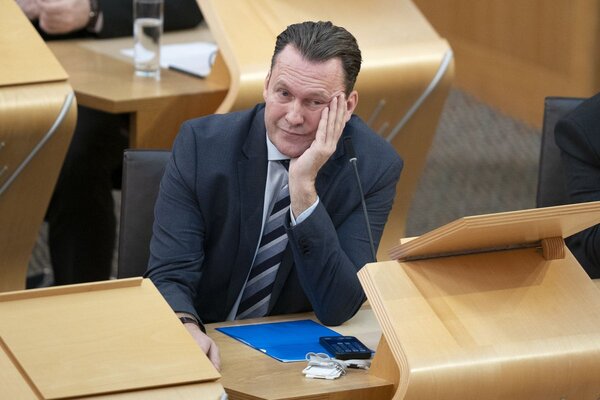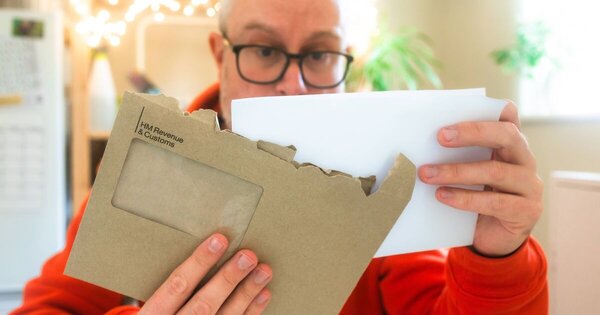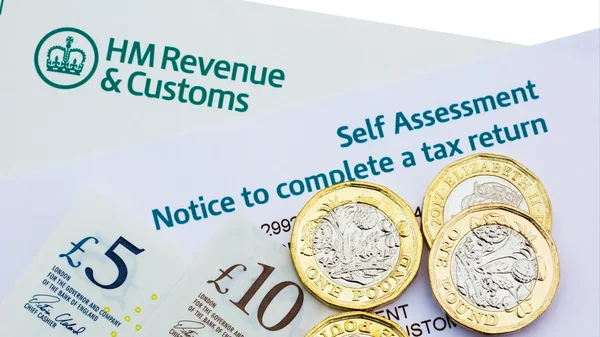UK Falls in OECD Tax Competitiveness Rankings
Britain has fallen five places in global tax competitiveness rankings following Chancellor Rachel Reeves’s £25 billion tax raid on employers last year.
According to new research from the Centre for Policy Studies (CPS), the UK now ranks 25th out of 38 OECD nations for personal tax competitiveness a sharp decline from its previous position.
The report blames Reeves’s decision to raise employer National Insurance contributions and increase capital gains tax, which the CPS says has weakened Britain’s standing as an attractive destination for investment and business growth.
Economists Urge Caution Ahead of November Budget
Economist Daniel Herring of the CPS warned that further tax hikes could “crank up pressure on businesses” and stall economic growth.
“The UK’s continued lack of tax competitiveness is already a concern,” Herring said. “Rachel Reeves should resist the urge to raise taxes again and instead learn from our international competitors. The country cannot afford for things to get worse.”
Costa Rica, Chile, and Portugal now rank ahead of Britain in personal tax terms, underlining how far the UK has slipped behind comparable economies.
Broader Decline in Business and Property Taxes
The CPS report also highlights Britain’s poor showing in other key categories. The country ranks 28th for corporate tax and second from bottom for property tax, placing it 32nd overall across all tax types.
This low ranking raises alarms among economists and business leaders that the UK’s tax regime is becoming anti-growth, discouraging both domestic investment and foreign enterprise.
The Office for Budget Responsibility (OBR) is expected to downgrade productivity forecasts in its upcoming report, increasing pressure on Reeves to find ways to repair the nation’s fragile growth outlook.
Business Leaders Warn of Economic Impact
Steve Heapy, chief executive of airline Jet2, warned that further tax increases could “screw middle England” by driving up costs for consumers and reducing disposable income.
“Any tax burden will ultimately fall on the people in the middle the squeezed middle as companies pass on costs,” Heapy said.
He also cautioned that negative market reactions to the Budget could weaken the pound and raise borrowing costs, amplifying economic strain.
Political Opposition Intensifies
Andrew Griffith, the Shadow Business Secretary, urged the Chancellor to abandon any plans for additional levies, saying:
“Labour must not come for Brits’ holidays as well as their pensions, homes, and savings. People work hard to enjoy a couple of weeks away Reeves needs to slim down the public sector instead of hiking taxes.”
Griffith accused Labour of undermining economic confidence and driving up costs for households amid already high inflation and stagnant wage growth.
Treasury Defends Fiscal Strategy
A Treasury spokesperson defended the government’s approach, insisting that the upcoming Budget would “strike the right balance” between funding public services and supporting growth.
“We have capped corporation tax and extended business rates relief at 40% for 250,000 firms,” the statement said. “Our focus is on ensuring fiscal responsibility while protecting jobs and boosting living standards.”
Outlook: Balancing Growth and Revenue
The UK’s slipping position in the OECD rankings comes at a crucial time, with Reeves expected to deliver a high-stakes Budget in November amid slowing productivity and political pressure to deliver growth.
While the Chancellor maintains that tax reform is necessary for fiscal stability, analysts warn that further levies could deepen the country’s economic challenges, risking both competitiveness and investor confidence.










